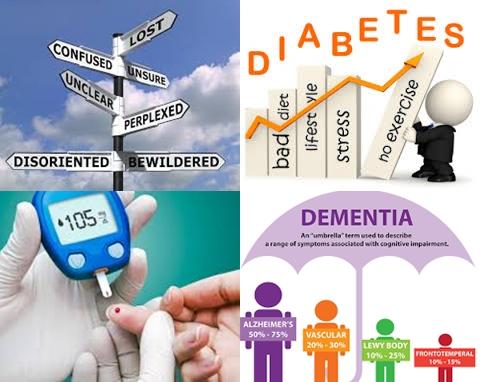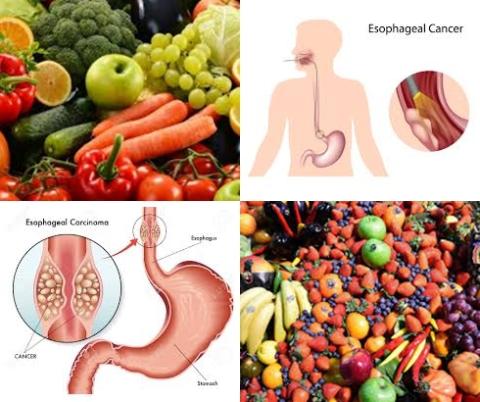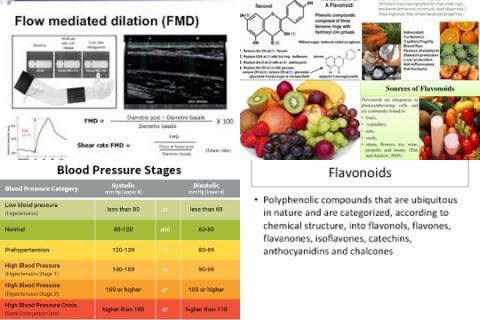Diabetes increases risk of dementia and mild cognitive impairment

Objectives:
Does diabetes increase risk of incident dementia and mild cognitive impairment?
Study design:
This review article included 19 prospective longitudinal studies including 6184 subjects with diabetes and 38530 subjects without diabetes. All subjects were without dementia or mild cognitive impairment at baseline (=at the beginning of the study).
There was no publication bias.
Results and conclusions:
The investigators found persons with diabetes had a significant increased risk of 46% for Alzheimer's disease [RR = 1.46, 95% CI = 1.20-1.77]. Significant means that there is an association with a 95% confidence.
The investigators found persons with diabetes had a significant increased risk of 148% for vascular dementia [RR = 2.48, 95% CI = 2.08-2.96].
The investigators found persons with diabetes had a significant increased risk of 51% for any dementia [RR = 1.51, 95% CI = 1.31-1.74]. Significant because RR of 1 was not found in the 95% CI of 1.31 to 1.74. RR of 1 means no risk/association.
The investigators found persons with diabetes had a significant increased risk of 21% for mild cognitive impairment [RR = 1.21, 95% CI = 1.02-1.45].
The investigators concluded diabetes is a risk factor for incident dementia (including Alzheimer's disease, vascular dementia and any dementia) and mild cognitive impairment.
Original title:
Diabetes as a risk factor for dementia and mild cognitive impairment: a meta-analysis of longitudinal studies by Cheng G, Huang G, [...], Wang H.
Link:
http://onlinelibrary.wiley.com/doi/10.1111/j.1445-5994.2012.02758.x/epdf
Additional information of El Mondo:
Find more studies/information on elderly and diabetes right here.

